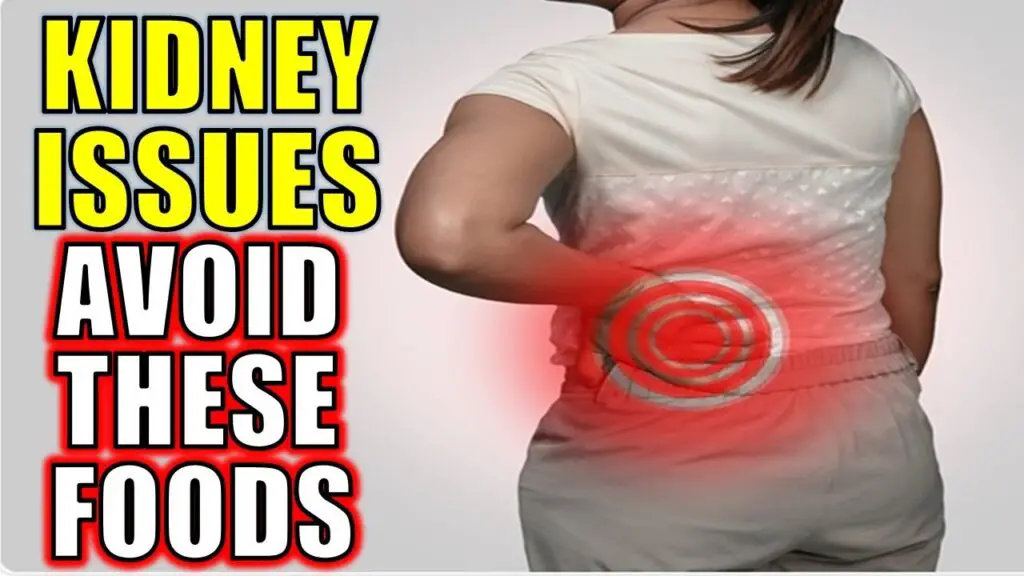Chronic Kidney Disease
Our kidneys are important for filtering out toxins in the body and transforming waste and toxins into the urine, which we expel. The kidneys also balance fluids within the body, help with the production of red blood cells, and regulate blood pressure.
People with chronic kidney disease have kidneys that don't function as well as they should. Usually, this means that the kidneys don't filter out toxins as effectively as healthy kidneys can. In order to manage the disease, it's important for people with chronic kidney disease to follow a healthy diet and avoid certain foods.
Chronic kidney disease can be caused by high blood pressure, diabetes, high cholesterol, polycystic kidneys, kidney infections, kidney stones, or inflammation of the kidneys. People with chronic kidney disease should take medications as prescribed by their doctor. It's also recommended to make certain healthy lifestyle changes. On some occasions, chronic kidney disease can be severe enough to require a kidney transplant.
Foods To Avoid
People with kidney disease should adopt a low sodium diet and ensure that they're not eating high levels of potassium and phosphorus.
Kidneys that have sustained damage may also have trouble filtering out large amounts of protein. In this case, you may need to closely monitor your protein consumption and make sure you don't eat too much.
Certain fruits and vegetables also aren't suitable for people with poor kidney function. It's important to note that people in the early stages of kidney disease may have different requirements to people in the late stages.
Phosphorus
Too much phosphorus in the body can lead to brittle bones that are more likely to break. This is because calcium is pulled out of the bones while your body tries to regulate levels within the blood. Medicines such as phosphate binders may help with the buildup of phosphorus in the blood.
Soda
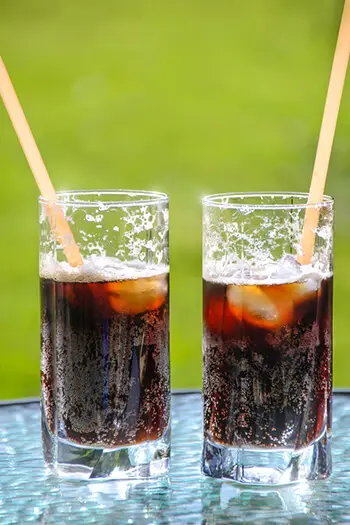
Soda, especially dark-colored soda such as cola drinks, contains additives like phosphorus, which are used as preservatives for the beverage.
Phosphorus as an additive is bound to proteins and absorbed in the intestinal tract. People with kidney problems should limit phosphorus consumption, and this means limiting soda consumption.
Milk

Milk contains large amounts of phosphorus, so it's important that you portion your milk intake to only one cup a day if you have chronic kidney disease.
Peanut Butter
Peanut butter is a guilty pleasure for many of us, but if you're dealing with chronic kidney disease, you should consume it only sparingly.
PB contains high levels of potassium, and a small amount of phosphorus. One tablespoon of peanut butter is renal diet-friendly in people who don't have end-stage renal disease.
Potassium
When the kidneys aren't functioning as they should, potassium builds up in the blood. Worryingly, this can have an affect on the heart, causing it to change the way that it beats and put you more at risk of a heart attack. Kidney patients may need to limit their potassium intake for this reason.
Bananas
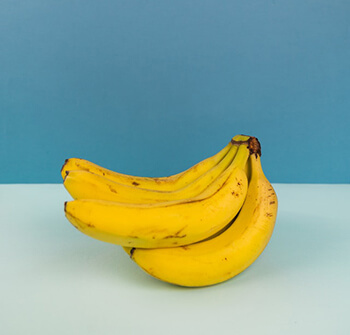
You might think bananas are good for you, and mostly, they are. However, bananas contain high potassium levels, so people with kidney problems should eat them in moderation. If you're a bug fruit fan, there's still plenty more that's safe to enjoy. Other fruits, such as pineapple, can be eaten instead, as they contain lower levels of potassium.
Avocados

Avocados also contain high levels of potassium in a small serving. People with kidney problems should limit their intake of avocados to one-fourth of the fruit. You should also avoid foods such as guacamole, as it's too difficult to properly portion your avocado intake with these products. Guacamole also contains high levels of sodium, which needs to be carefully monitored if you have chronic kidney disease.
Cooked Greens
Cooked greens have high potassium levels and should be avoided by anyone on a renal diet. Cooking greens such as broccoli and kale can actually increase their levels of potassium.
We already know that it's important to limit potassium on a renal diet, so you may need to limit cooked greens, or eat them in moderation.
Sweet Potato
Sweet potatoes are grouped with other high-potassium foods. They contain too much potassium for a renal diet and should be consumed in moderation. This is especially the case for sweet potatoes prepared as fries, so save this dish for a one-off great, and be sure to only eat it in moderation. There are higher levels of sodium in sweet potato fries, too, which may also negatively impact the health of people with kidney disease.
Sodium
Sodium is found in many packaged foods and condiments, such as soy sauce. People with kidney failure need to limit sodium intake, as excess sodium in the body can cause a whole host of unpleasant symptoms, including swollen ankles, high blood pressure, heart failure, and shortness of breath. Sodium typically helps us regulate fluids in our body, but people with kidney problems can't filter it out, which can prove dangerous.
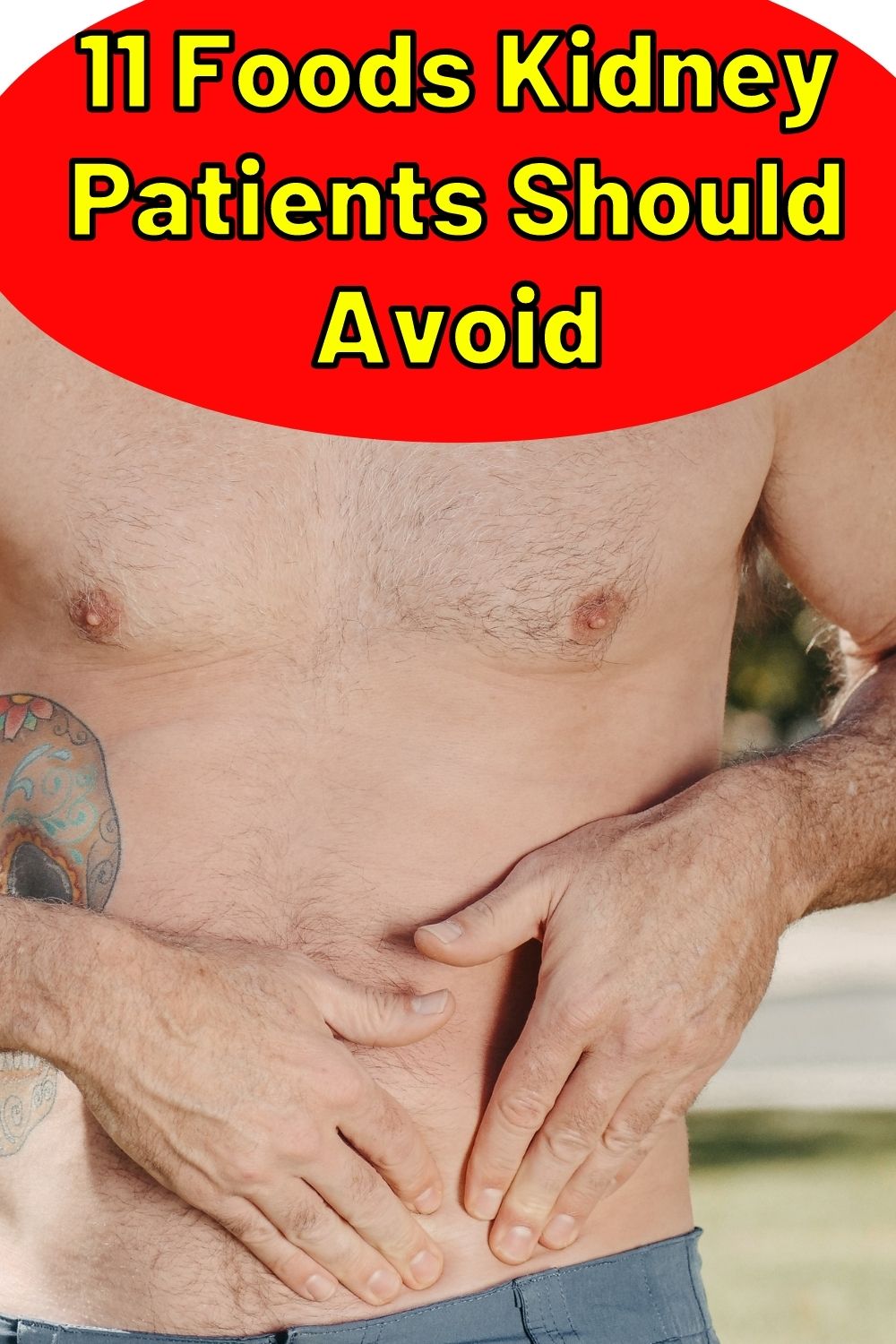
Fast Food
You're probably not surprised to see fast food on this list, as disappointing as it might be! Fast food contains high levels of sodium.
When you're eating out at a restaurant, do your best to pick low sodium options instead of items that have salt added. Foods like french fries, pizza, and fried food all contain high levels of sodium that your kidneys will struggle to properly filter out.
Processed Meats
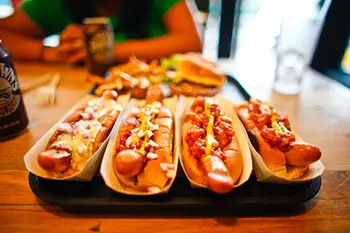
Processed meats might be tasty convenience foods, but they're not good for our kidneys. Meats such as bacon, salami, and hot dogs contain high levels of sodium and protein.
It's best to avoid lunch meats and processed meats altogether if you're on a renal diet.
Instead, swap these processed foods out for fresh meats, like oven baked chicken breast in small portions. Even better, consider switching to a plant-based diet, which will give your body the fuel it needs to thrive.
Canned Soups and Canned Foods
Canned soups and other canned foods contain too much sodium for the renal diet. Salt is added to preserve food and increase its shelf life. Even canned vegetables are stored in salty water.
People following a renal diet need to limit the amount of sodium they consume. Soups and canned foods should be replaced with fresh versions or canned goods that are low in sodium. A salt substitute can also be used to add flavor to your dishes.
High Sodium Condiments
Some condiments can be incredibly high in sodium. Tomato sauce, soy sauce, and steak sauce all contain worryingly high amounts of salt. These condiments should be used sparingly as it is, but if you have chronic kidney disease, it's even more important to limit your intake of them. Try swapping high-sodium condiments for low sodium substitutes.
Pre-flavoured meals and meats such as frozen dinners should also be avoided, as these typically contain high sodium levels as well. Read food packages to determine whether or not the amount of sodium is suitable for your diet.
Foods Kidney Patients Can Eat
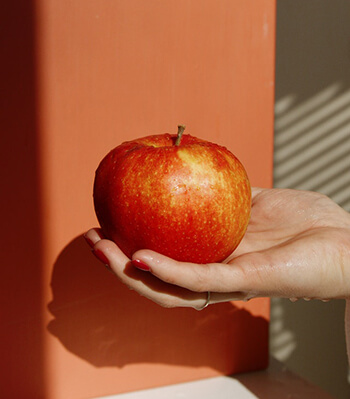
When picking out foods to eat on a renal diet, it's important to read food labels. Food labels tell you exactly how much sodium is in the food you're considering. You can also check whether foods contain high levels of potassium or ingredients that have too much phosphorus.
It's wise to look for low-potassium foods, such as apples, cucumber, celery, and pasta. These foods are all recommended by doctors as part of a kidney-friendly diet. You should also consider adding vegetables such as bell peppers and onions to your diet, both of which are low in potassium and phosphorus while full of flavour, so that salt can be reduced.
Conclusion
People with kidney disease should consult their doctor or dietitian when making decisions on what they should eat as part of their renal diet. While healthy kidneys can filter out higher levels of phosphorus, potassium, protein, and sodium, damaged kidneys cannot.
Be sure to shop smartly for foods, and look after your body with the foods you eat. Opt for low-sodium foods in place of high-sodium foods. Many condiments these days are made with lower sodium levels, so a renal diet doesn't have to be bland! Look at nutrition facts labels to ensure that when you're eating processed foods, you're still sticking to your meal plan.
Soft drinks and fast food are tough even on healthy kidneys, so be sure to consume these in moderation and under the advice of a renal dietitian. Your dietitian or doctor can help you navigate which healthy fruits and vegetables to add to your diet, discuss salt substitutes, provide advice on the addition of more protein in the diet, and help prevent further kidney damage in your body.

